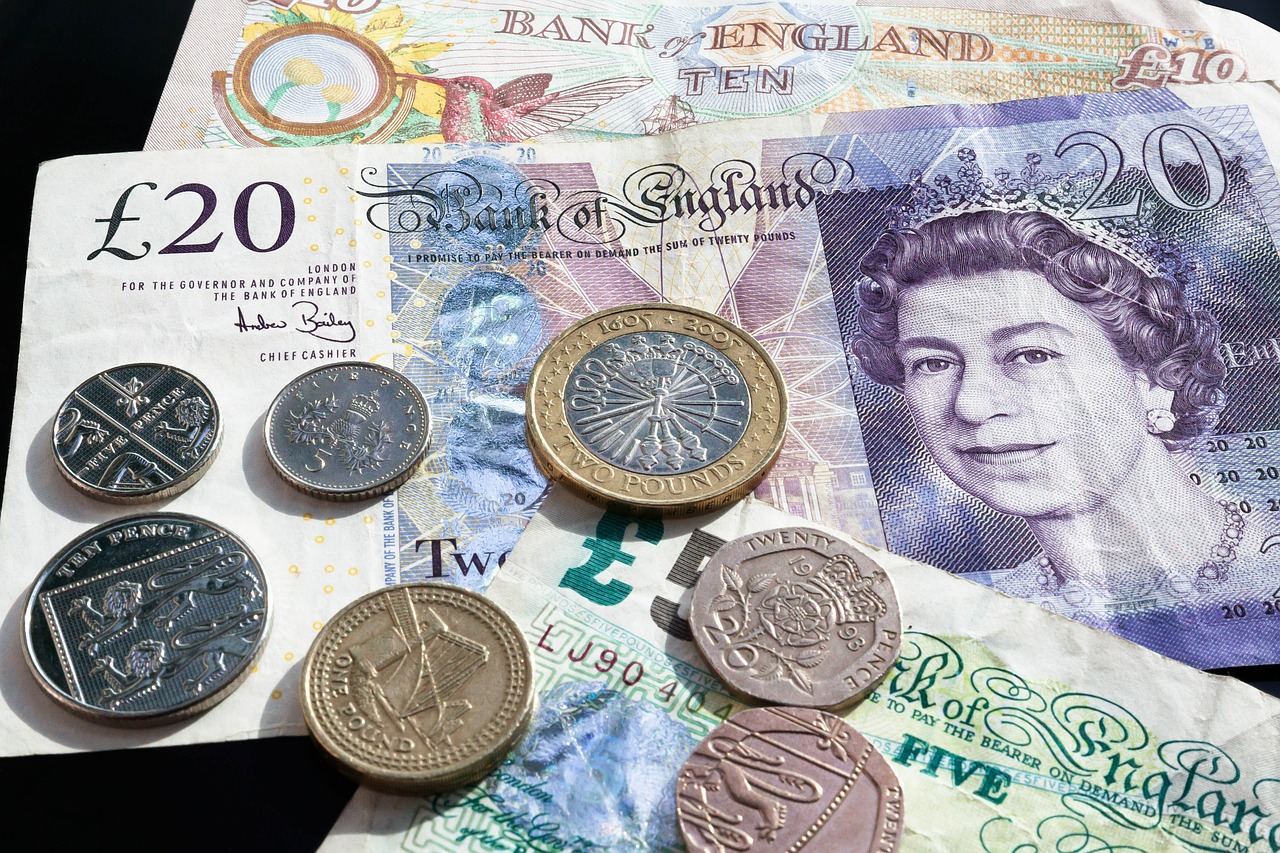What can the differing experiences of Nordic countries teach us about the possibilities for the UK?
The Nordic countries have very different relationships with the European Union.
Finland
Finland is the country which has the closest relationship with the European Union and which is also the most economically troubled of the Nordic pack. It is both a member of the EU and also uses the euro as its currency. This has contributed towards its performance as one of the weakest members of the eurozone, with the northern economy seeing GDP decline by 0.6% in the third quarter of last year.
Finland has been hard hit by a combination of the impact of sanctions against Russia led by the EU as well as domestic decline.
Sweden
Sweden, unlike Finland has maintained control of its currency, the Swedish krona. While domestic turbulence is focused on the level of immigration in the Nordic nation, concerns over low interest rates and a housing shortage, its economy remains one of Europe’s strongest. While Sweden has a relatively limited number of immigrants from other European nations when compared to Germany and the UK, there is little widespread opposition to the EU in the country.
Denmark
Denmark originally rejected the Maastricht treaty in 1992 and in December 2015 voters decided not to adopt rules aimed at tightening pan-EU policing rules. The centre right government is not campaigning to leave the EU but has pushed for greater freedom from Brussels’ influence. The currency is the Danish krone.
Norway
Norway is the posterchild for Brexit supporters. While Norway is a member of the EEA (The European Economic Area) it has never joined the European Union. Under EU laws Norway has the right to veto EU laws the nation is unhappy with, while continuing to receive the ability to freely travel around the EEA. The country is considered a model for what the United Kingdom could achieve in the event of a “Leave” vote taking place.
Iceland
In 2015 the tiny nation decided to drop its membership bid for the EU. Having endured a horrendous global financial crisis in which its largest banks collapsed, the country has made an impressive return to economic growth since then. Growth in tourism, banking and technology has certainly not been hindered by remaining outside the EU, and Iceland retains control of its currency.
